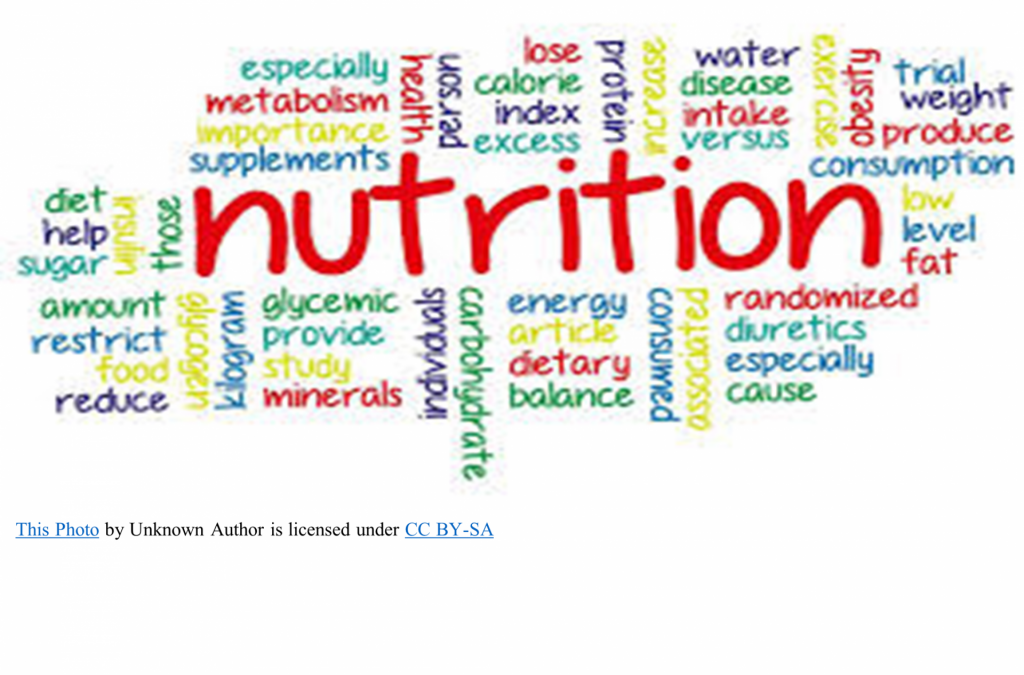Written by Kelsey Cossio, MPH, UNC-CH Dietetic Intern at Carolina Meadows
What is Dementia?
According to the Alzheimer’s Association, dementia is a general term used to describe loss of memory, language, problem-solving, and other thinking abilities that impact an individual’s ability to complete daily tasks and functions. It’s used to describe many specific medical conditions. Alzheimer’s Disease is the most prevalent form of dementia; however, vascular dementia, Parkinson’s dementia, and Lewy body dementia are also common. One can also experience several types of dementia, a condition known as “mixed dementia.” It’s important to note that dementia is NOT a normal part of chronological aging.
What Causes Dementia?
In every form of dementia, the physical structures of the brain deteriorate when brain cells die. Brain cells are absolutely essential for cell-to-cell communication. Cells communicate with one another to perform bodily functions. When these cells are damaged, the body cannot function as it normally would.
How Does Dementia Affect Nutrition?
Nutritional status can suffer in those experiencing dementia. In mild cases, an individual may forget to eat regularly. In severe cases, an individual may not have the physical ability to self-feed, may not know how to feed themselves, and/or may forget how to appropriately chew and swallow foods and liquids. Individuals also may experience changes in their senses of smell and taste, which could negatively impact their food intake. Consequently, unintentional weight loss and malnutrition are two primary nutritional implications of dementia.
Can Nutrition Prevent and Delay the Onset of Dementia? Maybe!
Recent research suggests that there is indeed a link between diet and cognitive health. There are several nutrients in particular that may be protective against some types of dementia. Adequate intake of B vitamins, antioxidants, polyunsaturated fats, and phytonutrients during middle-aged years have been associated with better cognitive function later in life. Research has also found that the consumption of omega-3 fatty acids and turmeric, a staple spice used in India, may have protective effects on dementia and Alzheimer’s Disease.
A commonality among these nutrients is that they are abundant in plant-based foods and diets. A popular, well researched diet that emphasizes plant-based foods is the Mediterranean diet. There is not one standardized definition for the “Mediterranean diet,” but rather is a general term for traditional eating habits of the countries bordering the Mediterranean Sea. It focuses on greater intakes of fruits, vegetables, whole grains, fatty fish, nuts and legumes, olive oil, and lower amounts of red meats and full-fat dairy products. The Dietary Approach to Stop Hypertension (DASH) diet is another evidence-based diet that is similar to the Mediterranean diet, emphasizing whole grains, fruits, and vegetables.
A relatively new, evidence-based diet that also shows promise in delaying the development of cognitive decline and function is the MIND diet, which stands for “Mediterranean-DASH diet Intervention for Neurodegenerative Delay.” This diet combines foods from the Mediterranean and DASH diets, with a unique focus on dark, leafy greens and berries. A study published in 2015 found that those who adhered to the MIND diet had a moderate decrease in their development of Alzheimer’s Disease. More epidemiological studies are currently underway to determine whether or not these results can be replicated and validated by science (i.e. to assure that this diet upholds these health claims).
At the end of the day, it is important to remember that ONE food can’t cure or prevent you from developing dementia or other chronic diseases – it is the combination of consuming a VARIETY of health-promoting foods, along with engaging in other healthy lifestyle activities, like exercising regularly, getting enough sleep, maintaining healthy stress levels, and surrounding yourself with people who care and support you.
How Can Nutrition Help Someone With Dementia?
If you or a loved one is experiencing dementia, there are some nutrition strategies and interventions that can be implored to prevent unintended weight loss or malnutrition
- Start by offering meals at regular and consistent times throughout the day and make sure the individual has enough time to eat.
- Ensure the feeding environment is peaceful, calming, free of distractions, and well lit.
- Offer one “course” of the meal at a time, (first salad, then entrée, dessert, etc.).
- Use solid-colored plates with contrasting colors (i.e. if eating off a white tablecloth, use a colored plate)
- Eat with the individual when possible
- Tell the individual exactly what you’re doing (i.e. “you have some peas on your plate. I’m going to give you the peas. Here are the peas.”)
- If possible, have the individual hold their dinner utensil and assist them to scoop food into their mouths. Individuals may get nervous when others attempt to feed them since the utensil is coming straight at their face
- Use finger foods when possible
- Encourage fluid intake throughout the day
- Whole foods should be encouraged, and supplements should be considered as a last defense method
References
- Mahan, L. K., & Raymond, J. L. (2017). Krause’s Food & Nutrition Care Process
- https://www.heart.org/en/healthy-living/healthy-eating/eat-smart/nutrition-basics/mediterranean-diet
- Morris MC, Tangney CC, Wang Y, Sacks FM, Bennett DA, Aggarwal NT. MIND diet associated with reduced incidence of Alzheimer’s disease. Alzheimers Dement. 2015 Sep;11(9):1007-14. doi: 10.1016/j.jalz.2014.11.009. https://pubmed.ncbi.nlm.nih.gov/25681666/
- Escott-Stump, S (2015). Nutrition & Diagnostic Related Care.
- https://www.alz.org/alzheimers-dementia/what-is-dementia
- https://www.nutritioncaremanual.org/topic.cfm?ncm_category_id=1&lv1=272971&lv2=32269&ncm_toc_id=32269&ncm_heading=Nutrition%20Care


